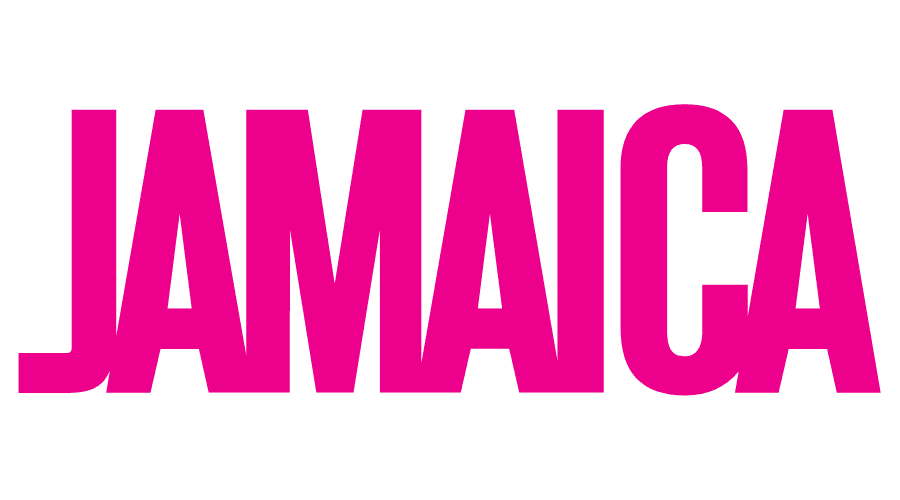Does green marketing really work? New report says YES

Does green marketing really work? Perhaps more interestingly, do marketers really expect such practices to work, or are they engaging in green marketing simply because they think consumers expect it of them? Will green marketing practices become a staple of every good marketer’s toolbox, or is it a fad that will fade away in short order?
The trade daily Environmental Leader and marketing trade publication firm MediaBuyerPlanner partnered to find the answers to these questions by studying the audiences of five industry publications.
In what may come as a surprise to marketers – a group sometimes defined by a level of skepticism – the results of the study indicated that, for the most part, marketers are engaging in green marketing because they perceive it has value. 33% of respondents said green marketing was more effective than their normal marketing efforts, with just 7% saying it was less effective.
Companies that view themselves as the most green spend the most on green marketing, while those that see themselves as least green spend just a fraction of their marketing budgets on such tactics. This indicates that marketers are backing up their beliefs of the company’s level of “greenness” with marketing campaigns, rather than creating green campaigns to be part of the trend, or more cynically, to deliberately shore up a known weakness.
Furthermore, the research suggests that management first buys into “greenness” and, later, green market- ing, rather than beginning green mar- keting efforts simply out of a desire to appear green.
Interestingly, most firms indicated that they were in the “somewhat green” to “very green” categories, but they tended to believe their customer base thinks them less green than they really are (71% who think themselves “some- what” or “very” green, compared to 67% who think their customers view them as green). This gap, while small, is persistent among the respondents, and may indicate why green marketing is on the rise.
Here are some of the key findings explained in the study:
1 Most Marketers Intend to Spend More on Green Marketing
More than 80% of respondents indicated they expect to spend more on green marketing in the future. Among manufacturers, that number is significantly higher. At least half, if not more, of respon- dents plan to engage in online marketing efforts in the future. [Chart 2]
2 Marketers Believe Green Marketing More Effective, Not Less
28% of marketers themselves think green marketing is more effective than other marketing messages, compared to 6% of marketers who think it is less effective. Manage- ment is even more optimistic, with 46% of them indicating a belief that green marketing is more efficacious. Just 23% of folks in operations think green market- ing is more effective.
3 Smaller Firms Spend More
Companies with smaller marketing budgets tend to spend more on green market- ing. Firms with a marketing budget of under $250,000 spend just over 26% on green marketing, while those with budgets of more than $50 million spend 6% on green marketing.
4 Internet Tops Green Marketing Media
By far the most popular medium for green marketing was the internet, with 74.2% of respondents having spent money online, followed by print (49.8%), direct (40%), outdoor (7%), radio and TV (7%) and mobile (6%). 29% of marketers with budgets between $10 million and $50 million, and 25% of those with bud- gets of more than $50 million, used outdoor, compared to 7.3% for all marketers. Mobile was also a popular medium for marketers with the highest budgets: 14% of those in the $10 million to $50 million budget category, and 16% in the more than $50 million budget category have spent money on mobile, compared to 6% for all marketers. [Chart 3]
5 Green Marketing Is More Effective than Some Marketers Think
Those firms that used the most trackable media are also those that said green marketing worked better than the average marketing message. 48% of respon- dents who employed direct marketing in their media mix said that it was more or much more effective, much like those who used internet (43%). That contrasts with those respondents who had employed TV, 25% of whom said it was more effective than average. This indicates that green marketing works better than those who don’t or can’t measure results think it does.
6 Marketers That Track Mar- keting Spend and Its Relation to Sales Believe People Will Pay More for Green Products
Similarly, when asked if customers would pay more for green products or to a green company, it was the direct-oriented media that showed the more positive results. Of the people who used the two least trackable media, TV and outdoor, only 29% and 25% respectively indicated that customers would pay more. That compares to 44%, 42% and 46% for internet, print and direct respectively.
7 Larger Companies More Likely to Target Employees Rather Than Customers
Companies with media budgets of more than $10 million annually showed a much higher proclivity to have their own employees as their target audience. In fact, that was by far the most popular green marketing target for those firms, with customers being targeted in about 70% of their efforts. Firms with budgets less than $250,000 were about 80% more likely to target customers directly, and only about half targeted their own staff.
8 Marketers and Management Say Marketers Have Control; Ops Says No
50% of marketers themselves indicate they have complete or consultative con- trol of green marketing, while 57% of PR folks say that have control of the sus- tainability program. Sales and operations, on the other hand, are skeptical that marketers have so much control of the sustainability programs, with just 41% and 21% respectively saying control lies in the hands of marketers. However, those in management tended to agree that control of the sustainability program is in the hands of marketers, at 50%.
9 Firms Already Taking Active Steps to Become Green
In terms of actual green actions, about half of companies reported that they are consciously taking steps to become more green. The most popular actions are conserving energy in operations, at 59%, and changing products to reflect green- er values (such as changing ingredients, packaging or intended use), at 54%.
10 Smaller Companies Think Green Marketing Is More Effective than Larger Companies
Nearly half of respondents said the decision-makers at their companies hold green marketing in high regard, compared to just 15% who said decision-makers hold it in low regard. Companies with decision-makers who have a low regard for green marketing tend to be those with the larger marketing budgets, especially in the budgets between $10 million and $50 million per year, where more than a quarter indicated that their decision-makers held green marketing in low regard. This indicates that smaller companies may believe green marketing to be more effective than larger companies do.
Further details visit: reports.environmentalleader.com/report/green-marketing-what-works-what-doesnt-a-marketing-study-of-practitioners/
Valere Tjolle
Valere Tjolle is editor of the Sustainable Tourism Report Suite, special offer at: www.travelmole.com/stories/1142003.php
 United Kingdom
United Kingdom United States
United States Asia Pacific
Asia Pacific












































Royal Caribbean issues Legionnaires’ disease warning
Qatar Airways adding Manchester flights
Jet2 unveils Samos as new Greek destination for summer 2026
EU entry-exit system delayed again
ATC strike in Greece could disrupt flights this week